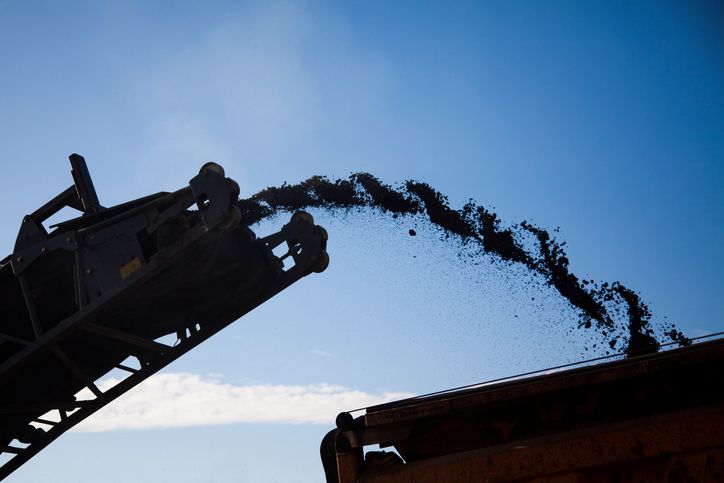What is sealcoating?
Sealcoating is the application of a protective outer layer to asphalt paving. Pavement is made from a mixture of rock, stone, and/or gravel mixed with a binder. Without a sealcoat, chemicals, rain and UV rays from exposure to sunlight eventually break down the binder, causing the pavement to disintegrate. A sealcoat also creates a slip-resistant surface, which aids pedestrian and vehicular traffic.
Does the asphalt need to be prepped before sealcoating?
Yes. The pavement needs to be clear of debris, such as crumbling asphalt and dirt, before its defects are fixed. After performing repairs, such as filling cracks and patching potholes, the surface is cleaned again before paving sealant is applied.
How often should an asphalt driveway be sealed?
Generally, every three to five years is appropriate. However, weather conditions play an enormous role in how long the sealcoat lasts. Asphalt driveways exposed to significant rainfall, sunlight and/or high temperatures tend to need new sealcoating at least every two years.
How frequently should cracks be sealed?
Cracks can’t — or shouldn’t — be sealed until after they have been filled and repaired. Crack repair is recommended at least once a year as an essential form of asphalt repairs and maintenance.
What causes pavement cracks?
Pavement cracks form when the base or subgrade weakens and is unable to support the amount and/or weight of traffic. If your asphalt pavement has developed cracks, contact Pavemax today for an assessment.
Does crack filling make the cracks disappear?
No. Patching asphalt temporarily mends the structural integrity of the pavement by filling the cracks, but it doesn’t make them disappear. The cracks are still in the asphalt, and only a complete repaving job would get rid of them.
What is the benefit of sealcoating an asphalt driveway?
Ultimately, the benefit is extending the functional life of the surface. Sealcoat asphalt is able to withstand oxidation, a natural process that breaks down the asphalt binder and causes issues such as cracks and potholes.

Will sealcoating make my driveway look new again?
Possibly. A new layer of sealcoat will extend the functional life of the driveway, but some underlying conditions can affect how smooth the surface looks and feels.
Can my existing asphalt driveway be overlaid?
Possibly. Pavemax regularly performs pavement overlays, which are usually an effective solution for small to medium-sized cracks and potholes. Our paving company can conduct a thorough assessment of the driveway during a consultation and let you know whether a complete overlay is appropriate.
Should I seal my parking lot? Is sealing a parking lot worth it?
Yes and yes. A coated parking lot surface can last up to 25 percent longer than a bare one. Sealing a parking lot prevents premature degradation of the asphalt, which creates the need for full replacements earlier than expected.
How do I maintain the asphalt in a parking lot?
Paving companies such as Pavemax recommend cleaning the asphalt regularly. This includes brushing or sweeping away garbage and debris and removing chemical and oil stains as soon as possible. Prompt repair of potholes also helps maintain the parking lot by not allowing the potholes to grow and cover a larger portion of the asphalt. Finally, adding a new sealcoat every three to five years will reduce the need for major repairs.
